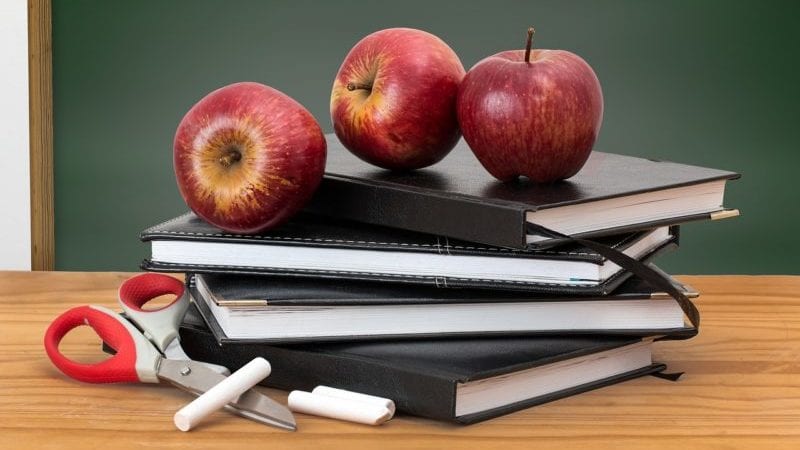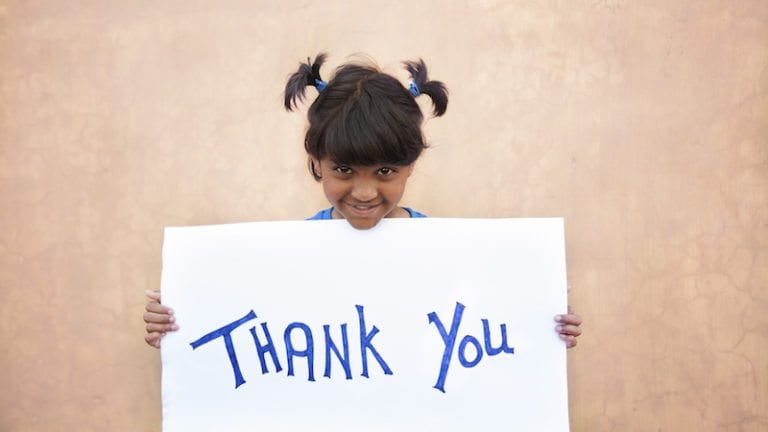Below are 10 articles about education, teaching, and students that we feel are essential reading for anyone who wants to understand what it’s like to be a teacher today. Read them and comment with the articles you think best sum up the experience of being a teacher for our next post.
1. What I Wish I Could Tell Them About Teaching in a Title I School, by Love Teach
“I would tell them that students who break rules at our school often don’t receive consequences. Last year our school had a higher number of office referrals and in-school suspensions, so this year teachers have been ‘strongly encouraged’ to deal with discipline problems themselves. That means that unless the offense is severe or dangerous, students remain in class, whether or not their behavior is blatantly defiant.”
2. Stop Humiliating Teachers, by David Denby
“There’s an element of this rage at bad teachers that’s hard to talk about, and so it’s often avoided: the dismaying truth that we don’t know how to educate poor inner-city and rural kids in this country.”
3. Building a Better Teacher, by Elizabeth Green
“But what makes a good teacher? There have been many quests for the one essential trait, and they have all come up empty-handed. Among the factors that do not predict whether a teacher will succeed: a graduate-school degree, a high score on the SAT, an extroverted personality, politeness, confidence, warmth, enthusiasm and having passed the teacher-certification exam on the first try.”
4. It’s Time to Stop Telling Our Kids Their Best Efforts Aren’t Good Enough, by Captain Awesome
“My school, like all schools, is big on research-based strategies. Anything we do with the kids, they want to see a study proving that it works. And yet, like every school I’ve ever seen, we also try to use fear to motivate the kids to achieve on standardized tests … despite the fact a mountain of research tells us that’s pointless.”
5. The Hard Part, by Peter Greene
“The hard part of teaching is coming to grips with this: There is never enough. There is never enough time. There are never enough resources. There is never enough you.”
6. Why Are Teachers and Kids Working in Buildings That Are Falling Apart?, by Caralee Adams
“The condition of a school building may have a stronger influence on student performance than the combined influences of family background, socioeconomic status, school attendance and behavior, according to the National Clearinghouse for Educational Statistics. More specifically, students who attend better buildings have test scores ranging from 5 to 17 percentile points higher than students in substandard facilities.”
7. The Overselling of Ed Tech, by Alfie Kohn
“We can’t answer the question ‘Is tech useful in schools?’ until we’ve grappled with a deeper question: ‘What kinds of learning should be taking place in those schools?’ If we favor an approach by which students actively construct meaning, an interactive process that involves a deep understanding of ideas and emerges from the interests and questions of the learners themselves, well, then we’d be open to kinds of technology that truly support this kind of inquiry.
8. The Concentration of Poverty in American Schools, by Janie Boschma and Ronald Brownstein
“The overwhelming isolation of students of color in schools with mostly low-income classmates threatens to undermine efforts both to improve educational outcomes and to provide a pipeline of skilled workers for the economy at a time when such students comprise a majority of the nation’s public school enrollment.”
9. The House That Reading Built, by Donalyn Miller
“Because Don and I were lucky (white) enough to live in middle class neighborhoods with good schools, we had opportunities denied to many other children. Don and I read our way to better lives because we had books to read in the first place. Many children raised in poverty—disproportionally children of color—grow up in communities without meaningful, consistent access to books or positive reading experiences.”
10. Dear Brand New Teacher: A Letter to Rookies, by Love Teach
“Teaching is like a relationship. As awesome as it would be to be given a script of exactly what you should say on a first date (instead of, for example, rambling incessantly about facts you learned about dolphins from a podcast), life just doesn’t work that way. If you did follow a script on a first date, you would sound like a robot and be completely unable to maintain any kind of conversation, let alone a relationship. Teaching is not that different. A different kind of relationship, yes, but one in which authenticity, responsiveness, and listening matter fundamentally.”

